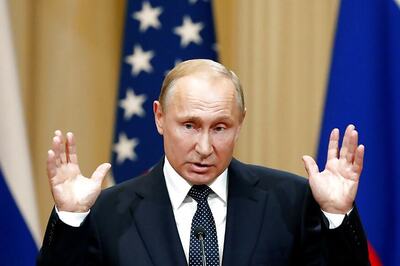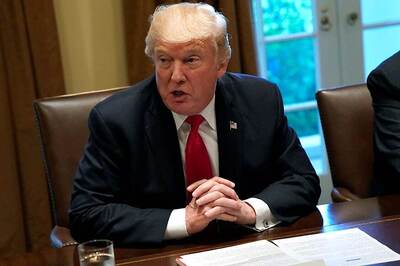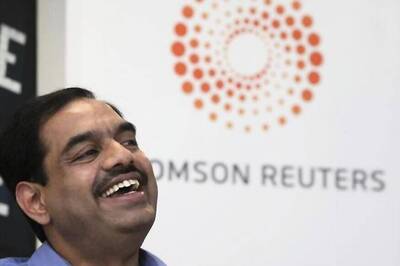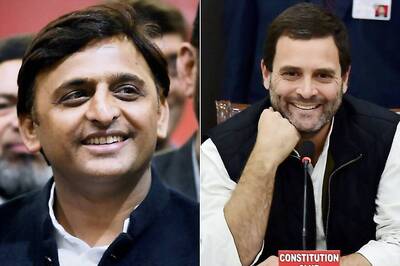
views
Beijing: Runaway "bride prices" are making marriage unaffordable in rural China and need to be capped, and professional matchmakers should be stopped from overcharging, says a village delegate to China's parliament.
China's rapid economic growth in the past decade has sharply raised parental expectations, pushing up the cost of pre-wedding gifts that now commonly include a brand new home.
In the past, a suitor would offer the parents of his bride about 11,000 yuan ($1,639). Now, future in-laws demand at least three "jin" (1.5 kg) of hundred yuan bills, a car and a house, said Zhang Qingbin, a delegate to the annual National People's Congress from Hebei province.
"In the south of northern China, a young man looking to get married would need to spend around 700,000 yuan ($104,275)," Zhang wrote in a proposal to NPC.
"This is a huge financial burden, with steep bride prices becoming a key reason behind rural poverty," he added.
In rural areas, where annual per capita incomes of about 15,000 yuan ($2,234) are just a third of earnings in cities, a groom's need for cash is relatively acute.
With the economy facing a further slowdown this year, the chances of finding a bride are more remote, aggravating a rural phenomenon known as "leftover men" who cannot afford marriage.
Zhang blamed the parents of prospective brides who want to elevate their standard of living by demanding a high price from suitors.
Marriage subsidies could be one way to wedded bliss, he said, pointing to a pilot subsidy programme in Taiyuan city in neighbouring Shanxi province.
Taiyuan set up a Marriage Consumption Subsidy Fund in 2017 which offers newlyweds rebates on wedding pictures, the banquet, honeymoon travel and even white goods to furnish a new home.
Unaffordable marriages are also a factor in China's bigger demographic problem - falling birth rates.
Many NPC delegates called for improved maternity benefits to encourage couples to have more babies as the country faces an ageing population and shrinking workforce.




















Comments
0 comment